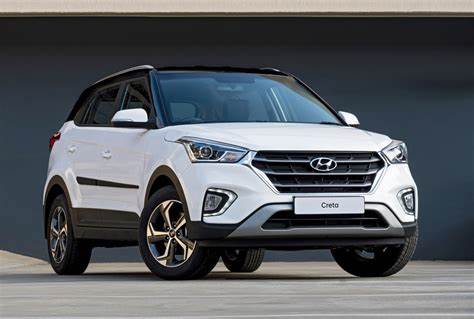Automobile
Connected car production to grow nearly 10-fold in five years: Gartner
 Mumbai : Global connected car production is set to grow almost 10-fold in five years – from 6.8 million in 2015 to 61 million in 2020, according to the latest forecast by research and advisory firm Gartner.
Mumbai : Global connected car production is set to grow almost 10-fold in five years – from 6.8 million in 2015 to 61 million in 2020, according to the latest forecast by research and advisory firm Gartner.
The production of new automobiles equipped with data connectivity, either through a built-in communications module or by a tether to a mobile device, is forecast to reach 12.4 million in 2016, according to the report.
Gartner defines the connected car as an automobile that is capable of bidirectional wireless communication with an external network for the purpose of delivering digital content and services, transmitting telemetry data from the vehicle, enabling remote monitoring and control, or managing in-vehicle systems.
“The connected vehicle is the foundation for fundamental opportunities and disruptions in the automotive industry and many other vertical industries,” said James Hines, Research Director at Gartner.
“Connected vehicles will continue to generate new product and service innovations, create new companies, enable new value propositions and business models, and introduce the new era of smart mobility, in which the focus of the automotive industry shifts from individual car ownership to a more service-centric view of personal mobility,” Hines noted.
Connected car technology will create opportunities for auto-makers to generate post-sale profits through sales of additional services and feature upgrades, as well as enhance brand loyalty through a more personalised customer experience.
It will also enable innovations in adjacent businesses, such as insurance, car rentals, car- and ride-sharing services, and electric vehicle charging, according to the report.
Gartner predicts that future connected car applications will drive a 150 per cent increase in demand for contextual information – such as image detection and geolocation – from 2016 to 2020.
“As cars become more automated, they are being equipped with an increasing array of sensing technologies, including cameras and radar systems,” Hines said.
“Many automobiles will use image detection as the primary means to identify and classify objects in the vicinity of the vehicle so they can provide more sophisticated responses and even have autonomous control,” Hines noted.
Automobile
Improved version of Hyundai Creta launched in Indian market: Check it out here

Hyundai India launched the much-awaited Creta Knight Edition in the country at a starting price of Rs 13.51 lakh (ex-showroom, all-India). This new variant is available in both petrol and diesel engine options and can be had either with a manual or an automatic transmission unit. To read more about the Creta Knight Edition, click here. In addition to this, the company has also introduced a model-year update for the Hyundai Creta with new feature additions.
The 2022 Hyundai Creta is now available in a new Denim Blue colour option and the Highline TPMS is now standard across all variants. The SX (O) trim now also gets a glossy black centre console. Furthermore, the company will offer the iMT option on the 1.5-litre petrol ‘S’ variant to further expand choices for the customers. The new S+ variant powered by a 1.4-litre T-GDi petrol engine with 7DCT now gets an additional set of features, such as –
– Smart panoramic sunroof
– 16-inch black alloy wheels
– Smartphone wireless charger
– Rear Disc Brakes
– Electronic Stability Control (ESC)
– Vehicle Stability Management (VSM)
– Hill start assist control (HAC)
– Paddle shifters
– Metal pedals
– Electric and auto-folding ORVMs
– Power window auto up/down
Mechanically, the SUV continues to be powered by the existing petrol and diesel engine options.











